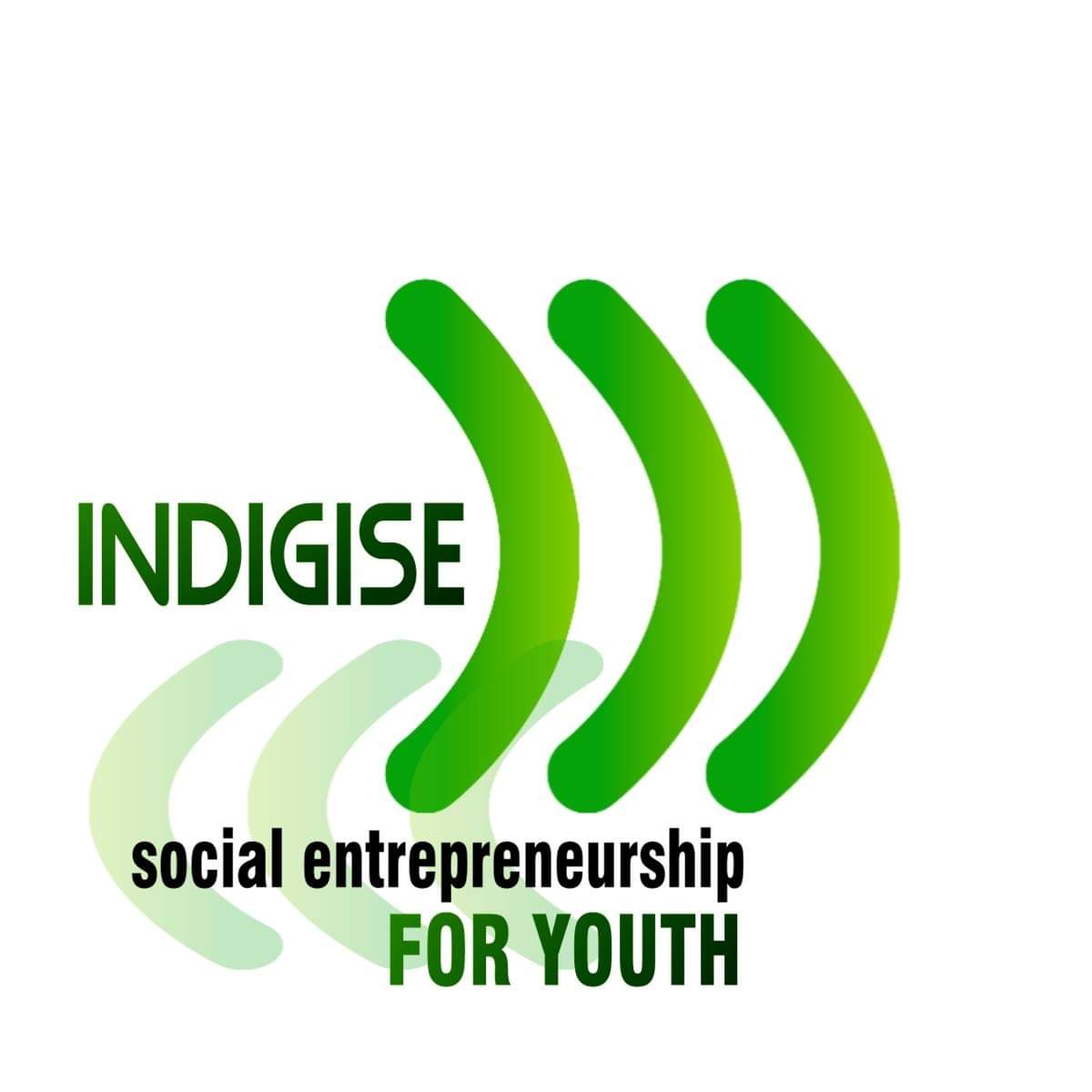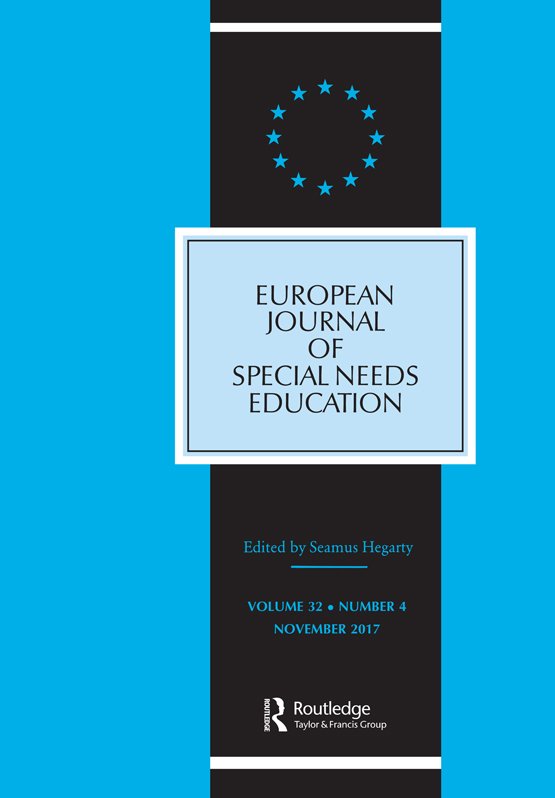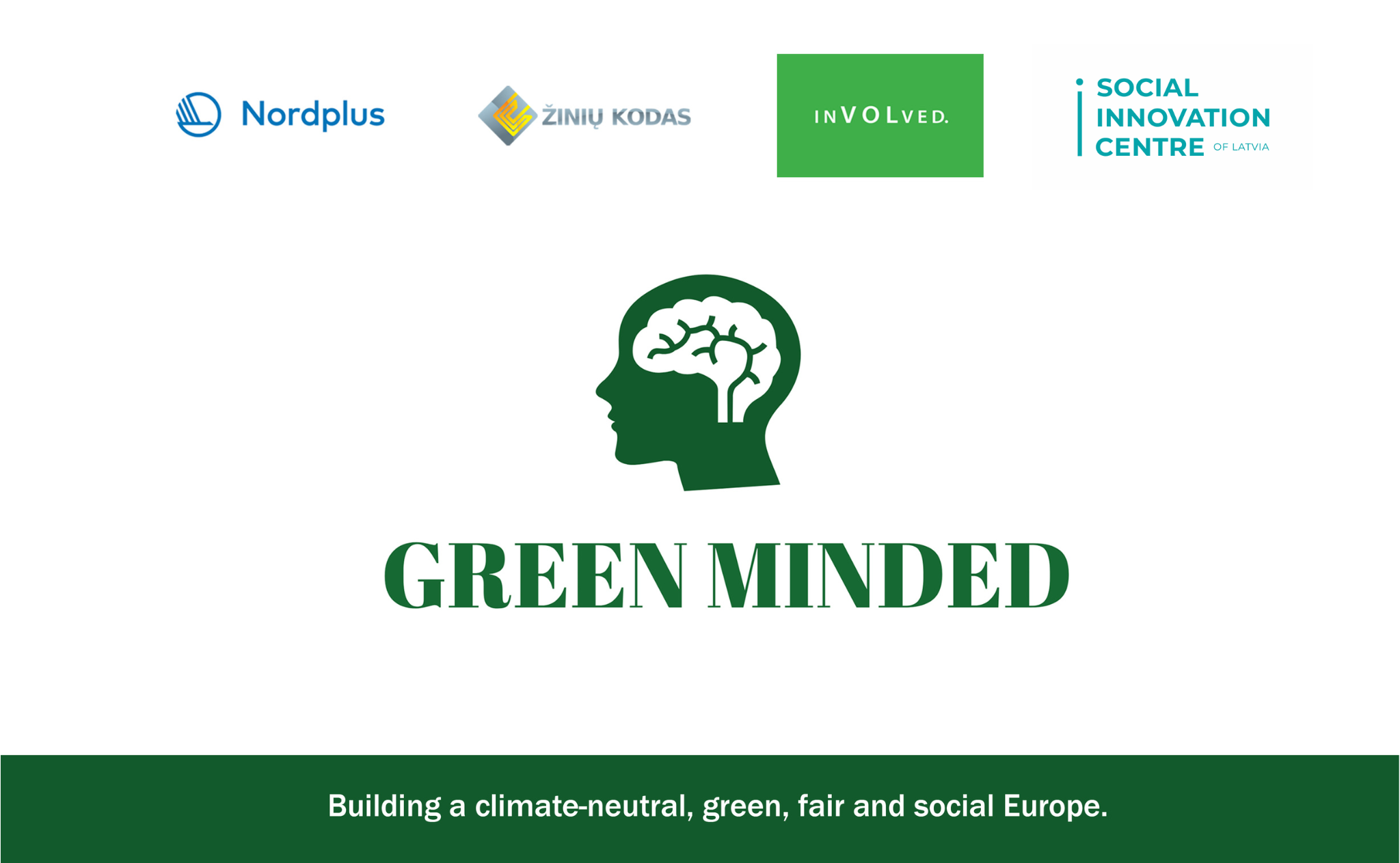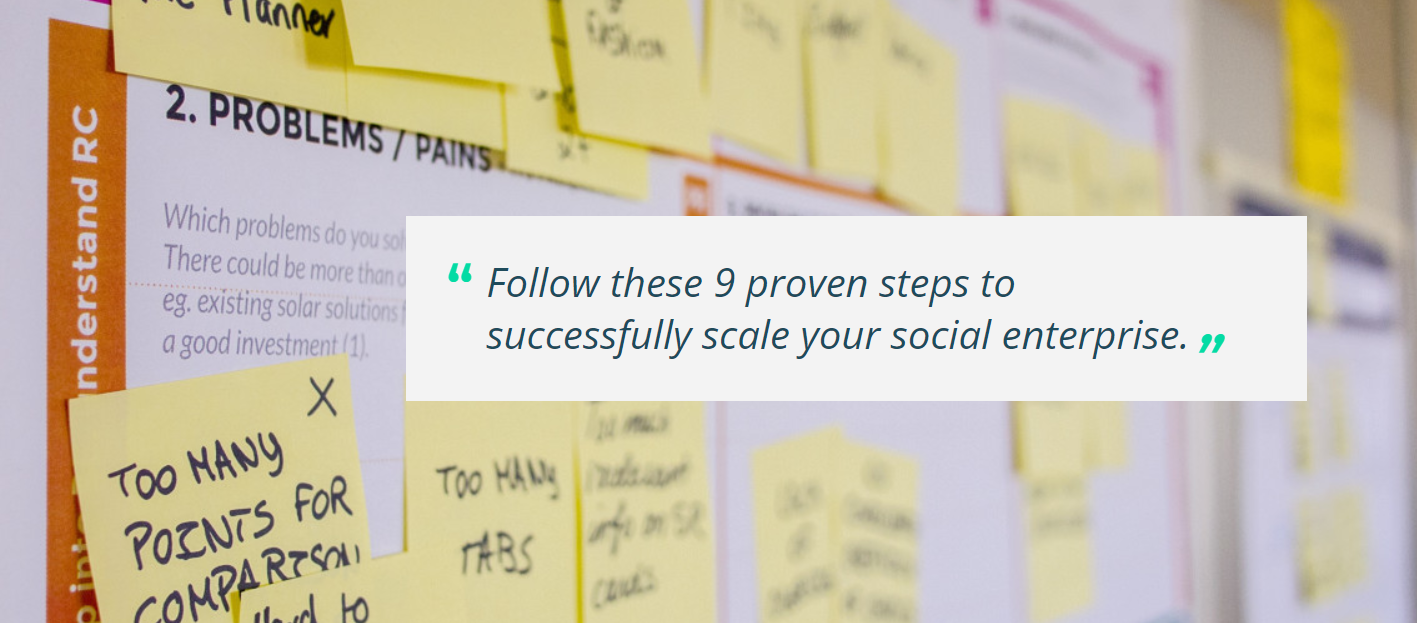Pupil enterprises are a widespread type of entrepreneurship education. In this working method, pupils start up, manage and close a business over short period of time. National and international policy documents claim that practical working methods through the use of pupil enterprises are beneficial to increase motivation by being a realistic and cross-curricular approach. This paper investigates whether this is the case for pupils who receive special education. No previous research has focused on the situation for this group of pupils when working with pupil enterprises.
The data are collected from a survey with the participation of 1880 pupils in the 10th grade. The econometric results indicate that participation in pupil enterprises has no particular impact on motivation or effort for pupils receiving special needs education. Even though there are many positive features with pupil enterprises and they offer a practical and realistic way of learning, the researchers do not find evidence to support that pupil enterprises also have a positive effect on the general school motivation and effort. Thus, the political claim of the practical dimension as a solution to increase motivation for learning in school is not supported by their findings.
© (2017) Entrepreneurship education: motivation and effort for pupils with special needs in Norwegian compulsory school. European Journal of Special Needs Education. vol. 32 (2).


This publication has been prepared within INDIGISE project. The content of this publication is the sole responsibility of the project coordinator and may not always reflect the views of the European Commission or the National Agency.















Leave A Comment